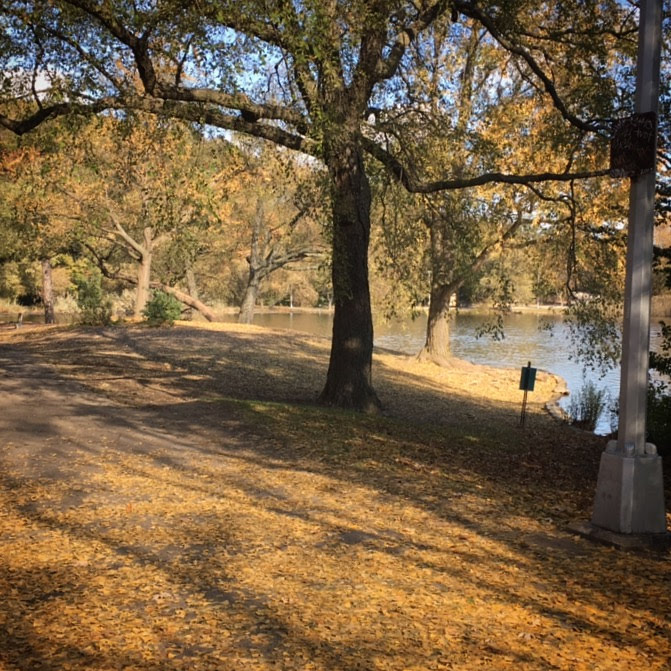December 13, 2020
What would your intuition say before you had time to think?

According to various personality inventories, my psychological orientation is intuition.
That means my artistic, abstract brain is wired to pay the most attention to impressions or the meaning and patterns of the information presented to me. I tend to remember events more as the impression of what it was like, rather than actual facts or details of what happened.
Compare that to the opposing orientation, which is sensing. If your brain is wired in that way, you probably to pay more attention to physical reality. Things that are actual, present, current, and real.
Both of these approaches are important and useful in this life. Admittedly, my abstract brain could improve its ability to sense things, not just intuit them. But allow me to make an argument for the increasing value of intuitive functioning.
We live in a complicated, confusing, cracked and chaotic world. Despite our addiction to data, we’ve arrived at a time in history where facts are no longer considered absolute, the truth has become a rule that people can bend, and context is no longer king.
And so, considering our culture’s dearth of objectivity, perhaps it’s a forcing function to push us to focus more on the threading of intuition’s voice. To open the door to more native forms of intelligence.
Think back to the last time you had one of those gnawing gut feelings that something didn’t seem right.
Maybe it was the first few minutes of a job interview. Or sitting down for a drink with someone for whom you swiped right. Or an impromptu conversation with a friend of a friend who wanted to pick your brain. Or perhaps you were evaluating the website of a potential vendor that raised several red flags.
Point being, our intuition, the statistical aggregate of past experience that provides insights into our current situation, can be a valuable compass. There’s no reason it can be as valid as anything known by our material experience.
It’s just that we’ve been taught to worry about the validity of our thoughts rather than to trust our intuitive promptings. We’ve been told that if there’s no logical explanation to support our actions, then it can’t be reliable equipment.
But the thing is, it’s not just us.
Estes, the internationally acclaimed psychoanalyst and culture storyteller, writes about something called aesthetic knowing, where we attune to things unnoticeable by the casual observer. When we assert this intuition, we are therefore like the starry night. We gaze at the world through a thousand eyes.
Imagine if more of your decisions had the benefit of that exponential storehouse of visionary power. Imagine if you trusted your inner promptings to keep leading you where you were meant to go.
Yes, it takes immense courage to have faith in our own experience. But it’s amazing what we can find on the other side.
My recommendation is, make paying attention to your intuition a priority. Try a tool called Intuitive Leading.
Take your intuitive sense of things seriously. If not, you are potentially missing out on a formidable source of leverage.
How are you allowing your mind to bypass its normal process of reason?

